and Safety Services

and Safety Services
early everyone who has applied for a job has, at one time or another, taken a drug test. Most people are familiar with the drug testing collection process, but have you ever wondered what additional steps are taken if you are using a prescription medication? Who is notified, and what steps are taken to verify that a medication is being taken for legitimate medical reasons? Furthermore, what happens when someone tests positive for an illegal substance?
The medical review officer, or MRO, plays a critical role in the drug testing process; serving as the “gatekeeper” of all drug test results, it is imperative that any employer looking to maintain an effective, legally defensible drug testing program utilizes a medical review officer.
Furthermore, MROs must complete qualification training and pass a rigorous test in order to maintain their credentials to act as an MRO. The MRO must have a solid understanding of the regulations that revolve around Department of Transportation, or DOT, drug testing programs, to include 49 CFR Part 40, as well as the individual regulations outlined by each of the DOT agencies.
The role of the MRO extends well beyond the knowledge of controlled substances and positive drug test results, and MROs regularly interact with donors, employers and other service agents, such as third-party administrators, or TPAs and substance abuse professionals, or SAPs.
From there, laboratory results are sent to the MRO for review. Depending on the results that were sent from the laboratory, the MRO will provide a result of either negative, positive, cancelled, or refusal to test (due to adulteration or substitution).
If the result is non-negative, the MRO will contact the donor to try and verify whether a valid medical reason exists for the non-negative result. An example of such reason for a non-negative result would be a prescription medication that is being used as prescribed. In this scenario, the MRO has the authority to “overturn” the laboratory positive result to a negative result and would release the result as negative to the employer. The MRO makes the final determination of drug test results, hence the reason they are considered the “gatekeeper.”
If this is the case and an employer decides to not proceed with hiring or takes disciplinary action against the employee for this reason, the employer could be faced with claims of discrimination or a violation of the Americans with Disabilities Act, or ADA.
Given their extensive qualification and training, MROs are excellent resources for questions related to all aspects of the drug testing process. Having access to these industry experts can prove beneficial for employers, especially when dealing with a situation that may become litigious.
The value of a medical review officer in an effective drug-free workplace program goes well beyond the depth of this article. Whether you are considering implementing a new drug testing program or looking to upgrade your program, it is well worth the investment to ensure an MRO is part of the program.
